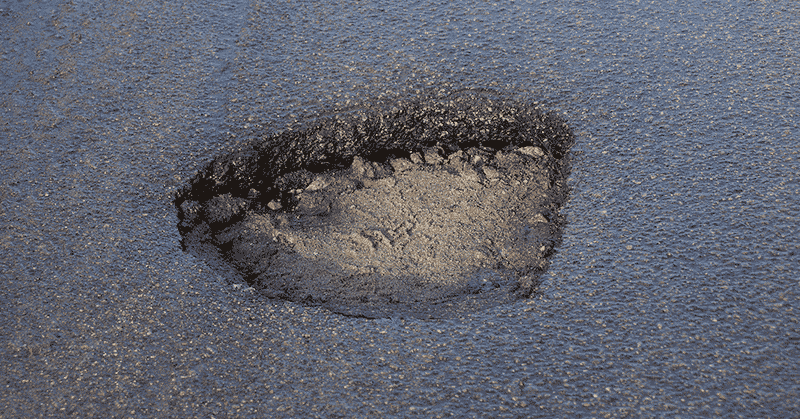Let’s face it: asphalt is a major investment. So it only makes sense to protect that investment in whatever way possible. If your asphalt is old and worn, one excellent way of restoring it might be resurfacing. The process involves removing the top few inches of asphalt and pouring a fresh surface over the top, which is much less expensive than replacing the pavement altogether. But how do you know when you should – and when you should NOT – resurface your asphalt? What follows are some examples of when resurfacing is appropriate, as well as when it’s not such a good idea.
Considering Resurfacing Your Asphalt When…
- The base of the pavement is still solid. If the subgrade beneath the surface is still intact and undamaged, then the new layer of asphalt that you pour after removing the top few inches will have a solid foundation underneath it. If the sublayers of the pavement are compromised in any way, the new asphalt will sink and form depressions in the surface. A paving contractor can tell you if the base of the pavement is in good shape or not.
- You want to have a “like-new” surface without paying for replacing the pavement entirely. If the surface of your asphalt is oxidized and faded looking, resurfacing will make it look new again.
Resurfacing Won’t Work When…
- Your pavement has potholes. Typically, potholes are deep – deep enough to damage not only the top surface of the pavement, but the sublayers below as well. Depending on the advice you receive from your paving contractor, it’s usually best to simply have the potholes repaired or – if the pavement has extensive damage to both the surface and the base – to have the asphalt replaced altogether.
- The pavement has “alligator cracks” on the surface. If you see tiny cracks that look almost like an alligator’s skin on the surface of your asphalt, it’s usually an indication that the sublayers and/or base of the pavement is damaged. Resurfacing won’t resolve the problem.
Of course, the only way to know for sure whether or not resurfacing will work for your asphalt pavement is to have the surface assessed by a reputable local contractor. They can tell you whether you need resurfacing, damage repair, or whether you need to entirely replace the pavement. Your asphalt surface is a major investment, and a trusted paving professional can recommend which steps are right to protect that investment now and for years to come.
